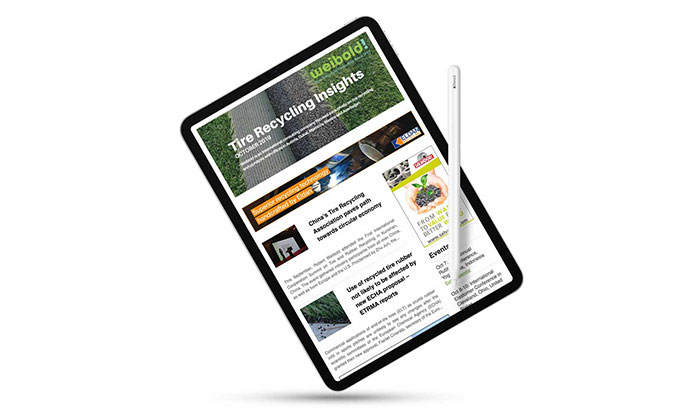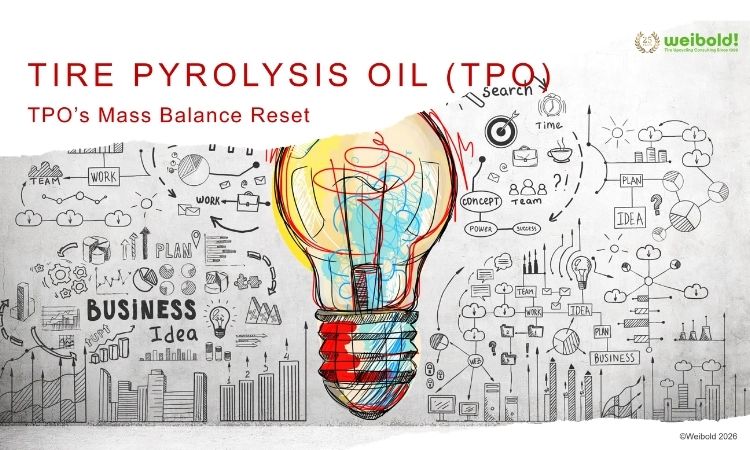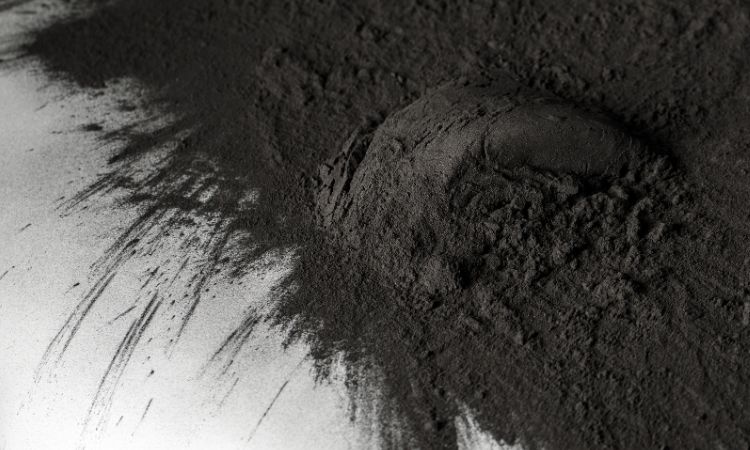IAG invests in Wastefront to convert end-of-life tyres into sustainable aviation fuel
OSLO/SUNDERLAND, 22nd January 2025 — International Airlines Group (IAG) has invested in Wastefront, a leading tyre-to-fuel company, who plan to turn used tyres into Sustainable Aviation Fuel (SAF). The SAF will be made by converting waste tyres into tyre derived oil, which is then refined into road fuels and SAF. The SAF produced is expected to give life cycle carbon emission savings over 80% versus fossil fuels.
This deal is another step forward for IAG in its commitment to SAF and enables Wastefront to begin construction on its fully circular tyre-to-fuel facility in the Port of Sunderland.
The plant will begin operations in 2026 and once fully operational the following year, will process up to 10 million waste tyres annually. The UK currently generates around 50 million end-of-life tyres each year, with most of them currently exported to countries such as India where they are incinerated in cement plants or disposed of in landfills.
Facilities like Wastefront’s planned Sunderland plant are critical to meeting the UK’s SAF mandate, which came into effect on 1 January 2025, requiring at least 10% of all jet fuel used in flights departing the UK to come from sustainable feedstocks by 2030, rising to 22% by 2040.
Achieving the UK’s 2030 SAF target will require producing 1.2 million tonnes of SAF annually for the aviation industry – almost 20 times the UK’s estimated production of 64,000 tonnes in 2023, according to the International Air Transport Association (IATA).
Jonathon Counsell, IAG’s Group Sustainability Officer, said:
“We’re proud to support innovators like Wastefront, who are finding new forms of feedstocks to produce advanced fuels. However, as global demand for Sustainable Aviation Fuel (SAF) grows, it’s crucial to expand production in the UK. The recent Government mandate will help reduce aviation’s overall carbon impact, but airlines need confidence that the planned revenue certainty mechanism will support UK businesses in developing SAF technology without further increasing the cost base for UK airlines.”
Vianney Valès, CEO of Wastefront, said:
“At Wastefront, our mission is to turn a problematic waste stream into a highly valuable resource. We can create SAF at an extremely competitive cost with a very low environmental footprint – capable of reducing carbon emissions in the production process of up to 80% compared to traditional jet fuels. This investment is a testament to the potential of Wastefront’s technology in tackling waste and air pollution.”
IAG’s investment is part of its broader strategy to reduce carbon emissions its operations, across its airlines Aer Lingus, British Airways, Iberia, Vueling and LEVEL. The Group has already secured more than a third of its 2030 SAF target and was the first European airline group to pledge 10% SAF usage by 2030.
Wastefront already has a 10-year agreement in place with Gateway Resources, the largest exporter of End-of-Life Tyres (ELTs) in the UK, for the feedstock supply of ELTs at its flagship plant in Sunderland. In its initial phases, the plant will co-process TDO into SAF in third-party refineries before transitioning to fully dedicated SAF production facilities. The plant will be built in phases, starting with one module producing 8,000 tonnes of oil annually and eventually expanding to four modules with a total capacity of 32,000 tonnes per year. By 2030, Wastefront plans to operate four large-scale plants, collectively producing 128,000 tonnes of oil annually. This will feed into a centralised SAF facility capable of converting 70% of this oil into SAF, yielding approximately 90,000 tonnes of SAF per year.
Press release by Wastefront.
Weibold is an international consulting company specializing exclusively in end-of-life tire recycling and pyrolysis. Since 1999, we have helped companies grow and build profitable businesses.









